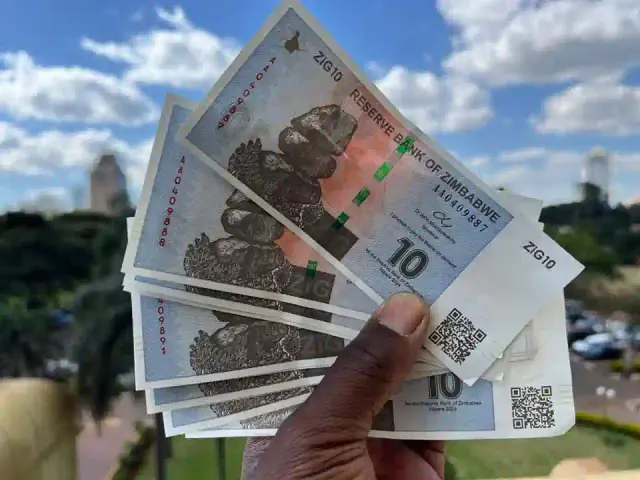 Zimbabwe’s inflation rate slowed dramatically in December 2024, falling to 3.7%, down from 11.7% in November. This sharp decrease represents a significant improvement in the country’s economic conditions, offering a glimmer of hope for consumers and businesses alike.
Zimbabwe’s inflation rate slowed dramatically in December 2024, falling to 3.7%, down from 11.7% in November. This sharp decrease represents a significant improvement in the country’s economic conditions, offering a glimmer of hope for consumers and businesses alike.
The drop in inflation is attributed to various factors, including tighter monetary policies, improved foreign currency supply, and efforts by the government to stabilize the economy. The Reserve Bank of Zimbabwe (RBZ) has been working to combat inflationary pressures by increasing interest rates and curbing excessive money supply growth.
For much of 2024, Zimbabwe’s inflation had been a major concern, eroding purchasing power and making basic goods more expensive. However, the latest data suggests that these efforts are beginning to bear fruit, with prices stabilizing and consumer confidence improving.
Experts believe that maintaining this downward trend will require continued fiscal discipline and structural reforms. While inflation has slowed, the Zimbabwean economy still faces challenges, such as high unemployment rates and a large informal sector. The government is expected to focus on further reforms in the coming year to ensure sustainable growth and stability.
In conclusion, Zimbabwe’s significant reduction in inflation offers a positive signal for the economy. If the country can maintain this momentum, it could pave the way for long-term economic recovery and improved living standards.

